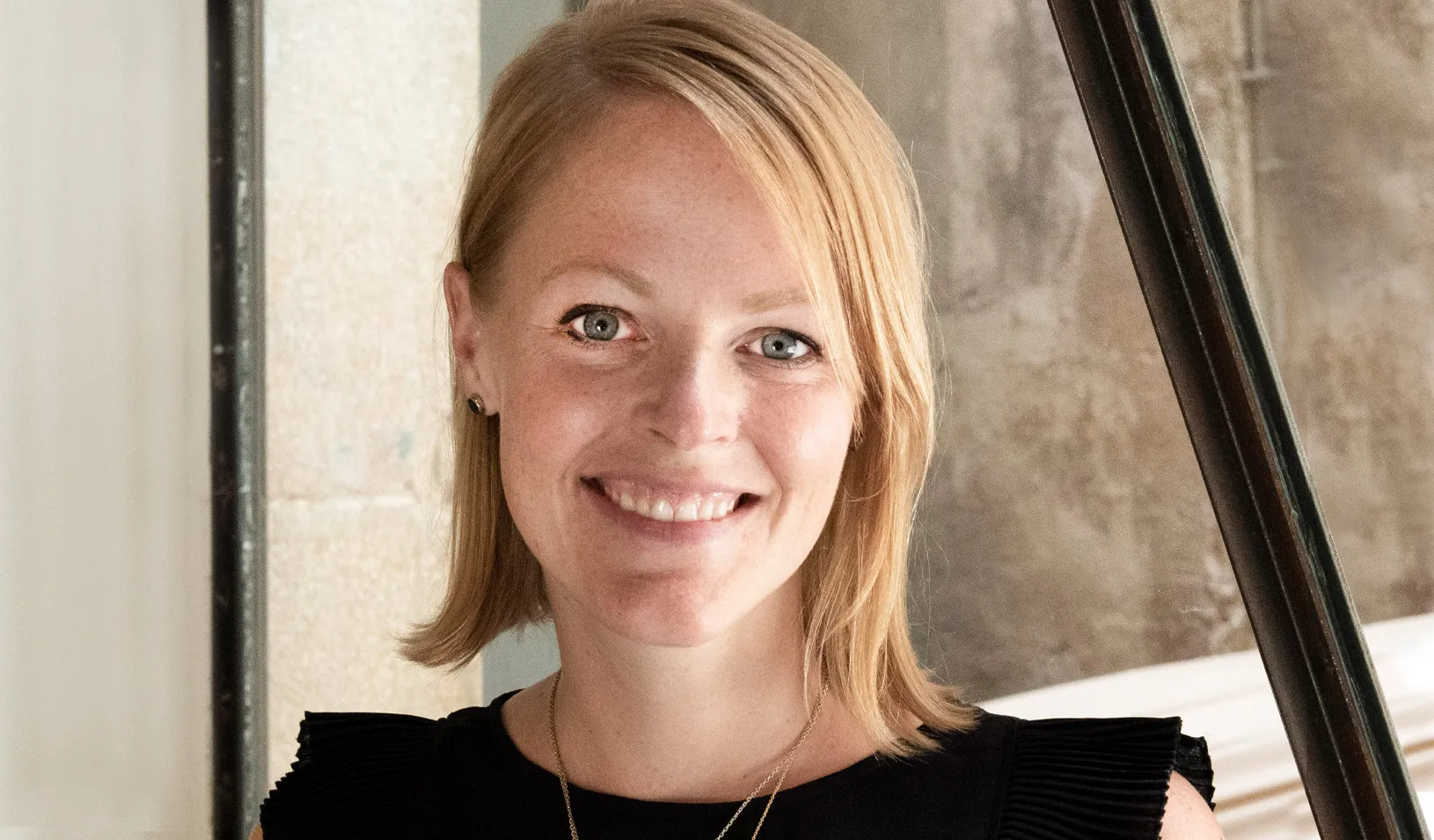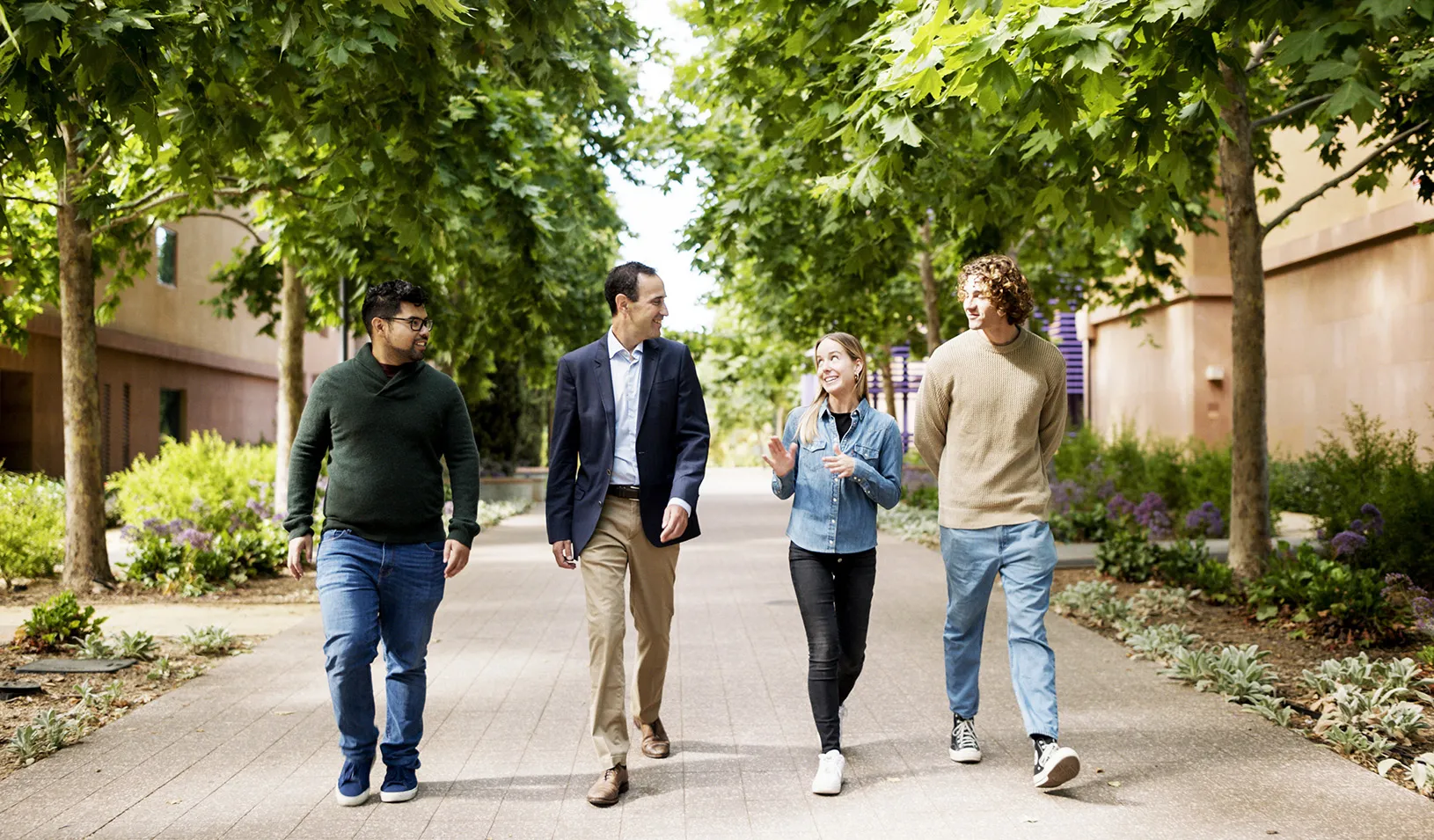2010 South Africa Study Trip: Powerful Lessons
Students offer observations on their study trip over spring break to learn as much about education in South Africa as the nation itself.
June 01, 2010
When I boarded the plane for my 47-hour journey to South Africa, I honestly did not know what to expect. I was hoping to be inspired by the country’s optimism and the ability of its people to succeed, despite the crushing odds. I was worried that the trip would be emotionally challenging, and I would spend the time angry and frustrated by the inequality and social problems that we would see.
The theme of our trip was education. Over spring break, 20 first-year Stanford Graduate School of Business MBAs traveled to this complex nation, along with student leaders Karla Gallardo and Daniella Raffo, both MBA ‘10; Sarah Soule, the Morgridge Professor of Organizational Behavior; and Melanie Lowenberg of the business school’s Public Management Program. We all set out to learn as much as we could about education in South Africa while educating ourselves about the nation itself.
Our first meeting was with Kim Porteus of the Mandela Institute, part of the prestigious University of the Witwatersrand. Recognizing that we were fresh off the plane, she gave us a broad overview of politics and culture in South Africa, and insight into how the apartheid era continues to shape society. One of the biggest problems she identified with the education system is the way in which it teaches English, one of the country’s 11 official languages. English is the language of political and economic success. But children, particularly those living in rural areas who speak a different first language, need to be taught some rudimentary English before they can even receive official instruction in English. That’s a reality the current education system does not handle well.
We also visited several different schools, all outstanding in their own way. The students at the African Leadership Academy, founded by Stanford GSB alums Fred Swaniker, MBA ‘04, and Chris Bradford, MBA ‘06, were incredibly impressive. The school is modeled on Stanford GSB; In addition to providing a first-rate academic experience for students from across the continent, the academy gives students the opportunity to start their own businesses and lead community service projects. These students are smart, driven, and perceptive. If they do become leaders, Africa will be in safe hands.
LEAP School in Langa, a racially segregated township just outside of Capetown, was a great contrast to the academy. Students attending the LEAP School come from neighboring townships, where life is often hard. They, too, were smart and motivated. Although focused on math and science — two subjects that had been omitted from black students’ curriculum during apartheid — the “life orientation” lessons seems to be the school’s core strength. Founder John Gilmour explained that in a country where 25% of the adult population is HIV-infected and one-third of women have been raped, learning how to become responsible adults is hugely important.
While in South Africa we were not just visiting schools. We spent a night at the Honeywell Game Lodge sleeping in luxury tents and going on safari rides where we spotted lions, elephants, rhinos, leopards, and buffalos. In Utah province, a rural area in the East Cape, we played an energetic game of football with the local boys, and were relieved to find that the condoms littering the area had been used only to hold up the boys’ socks. Thanks to our great leaders there were no traumatic moments, but there were many unforgettable memories.
Although we saw poverty during our South Africa trip, we also saw resilience and hope, and huge amounts of talent. The country may not quite be living up to its Rainbow Nation promise yet. However, if the energy we saw can be harnessed, South Africa could easily be one of the continent’s biggest success stories.
By Aisha Washington, MBA ‘11
For media inquiries, visit the Newsroom.
Explore More
Erin Nixon Joins Stanford GSB as Assistant Dean of Admissions

Nia Rose Froome, MBA ’23: Making Local, Fresh Food Available for All

New Research Fund Promotes Responsible Leadership for the Next Century
